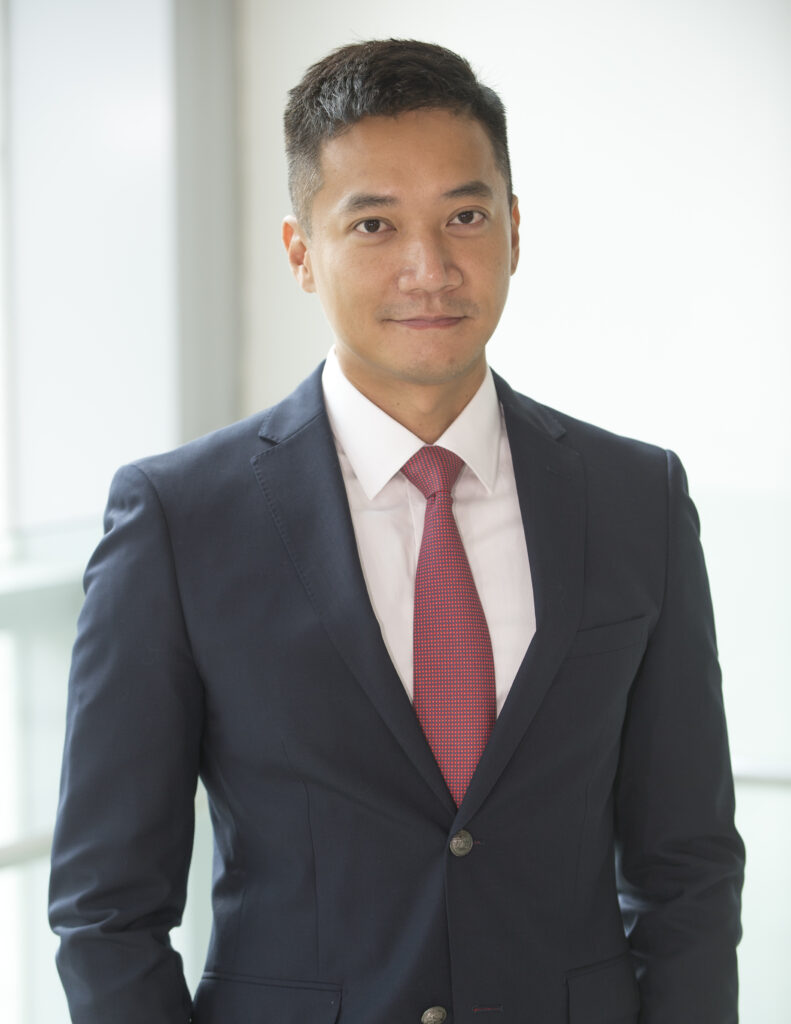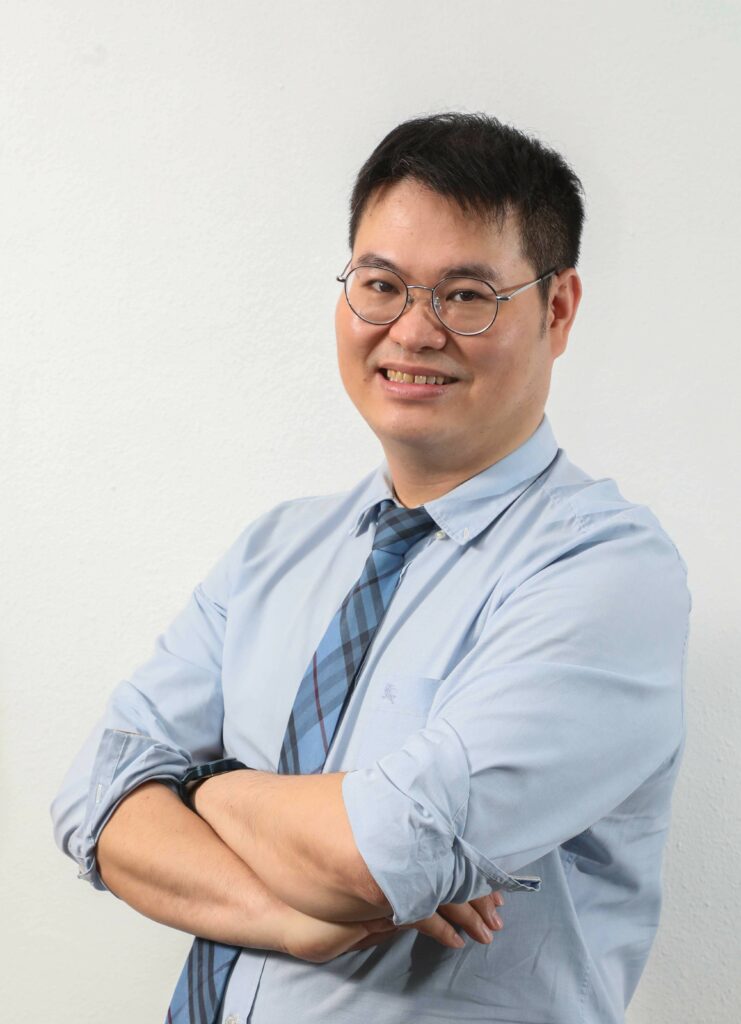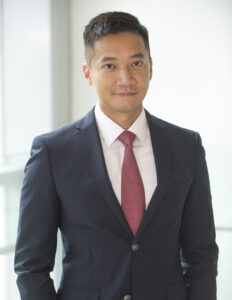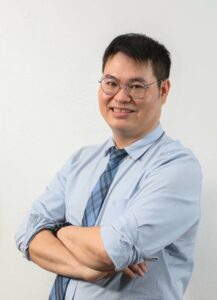CUHK
News Centre
CUHK finds high intention in Hong Kong to keep wearing masks and using alcohol-based sanitiser but low intention to receive a booster shot in the current era of COVID-19 endemicity
The Jockey Club School of Public Health and Primary Care (JCSPHPC) at The Chinese University of Hong Kong (CUHK)’s Faculty of Medicine (CU Medicine) studied community responses in Hong Kong in the current era of COVID-19 endemicity and found that the proportion of self-imposed non-pharmaceutical preventive measures, included wearing masks and using alcohol-based sanitiser, was much higher than in the pre-COVID period. However, intention to receive a COVID-19 vaccine booster remains low. The research team calls for coordinated efforts to address vaccine hesitancy as we return to normality.
Over 50% of citizens maintain common non-pharmaceutical preventive measures, while only 12.8% are willing to receive a COVID-19 booster
The research team recruited 611 respondents (64.6% female, 64.4% aged 25 to 44 years) for an online survey in March 2023. Among respondents who had not suffered from COVID and had received three or four vaccine doses, and respondents who had suffered from COVID and had received two to four doses, 12.8% (68/532) indicated an intention to receive a booster. In addition, only 18.8% of the respondents received the 2022/23 influenza vaccine.
Compared with the pre-COVID period, a higher proportion of respondents maintain common non-pharmaceutical preventive measures (see details in Table 1) or personal hygiene practices (see details in Table 2). If they were to develop respiratory symptoms in the absence of mandated preventive measures, 61.5% of the respondents said that they would take a rapid antigen test for COVID-19.
From these findings, the research team offers the following recommendations following the resumption of normality in the community:
- There is initial evidence that community-wide habits of employing non-pharmaceutical preventive measures have formed during the pandemic period, predisposing the general public to transmission-reduction behaviours if future disease outbreaks occur. The proportion of respondents who continued to adopt non-pharmaceutical preventive measures during the period when mandates were gradually being lifted was much higher than the proportion who did so before the pandemic, suggesting that the community has become more accepting of non-pharmaceutical preventive measures. However, further investigation is needed to determine whether self-imposed non-pharmaceutical preventive measures are sustainable.
- There should be sufficient stockpiles of rapid antigen tests for COVID-19 at the primary care level. Only 61.5% of respondents would use a rapid antigen test if respiratory symptoms developed in the absence of mandated preventive measures, meaning a large proportion of patients will present to clinics with respiratory symptoms but without any screening beforehand. Since COVID-19 causes non-specific symptoms which may also be manifested by other illnesses, rapid antigen tests remain an integral component of the syndromic surveillance to distinguish COVID-19 from other conditions.
- Vaccine hesitancy remains a public health concern in the period of COVID-19 endemicity. Following the lifting of mandates, Hong Kong has seen an increase in the incidence of COVID-19 and influenza. We found a low intention among respondents to receive a booster, alongside low uptake of the 2022/23 influenza vaccine (18.8%), suggesting that resolving vaccine hesitancy will be indispensable as we return to normality.
Professor Samuel Wong Yeung-shan, JCSPHPC’s Director at CU Medicine, said, “The recurrent, multi-wave nature of COVID-19, coupled with the role of non-pharmaceutical interventions in reducing the impact of COVID-19 on health systems, underscores the importance of efficient enactment of these interventions at the community level. With the recent announcement by World Health Organization that COVID-19 is no longer considered Public Health Emergency of International Concern (PHEIC) and the possibility of Hong Kong government adjusting emergency response level, it is worth investigating the sustainability of self-initiated non-pharmaceutical interventions in the post-mandate period. Meanwhile, we are also concerned about the potential impact on the healthcare system from infection associated with influenza, COVID-19, and other respiratory diseases.”
Professor Kwok Kin-on, JCSPHPC’s Assistant Professor at CU Medicine, said, “The protective role of vaccination against long COVID, the commonness of reinfection in the Omicron era and the high prevalence of long COVID among individuals aged 50 or more all highlight the importance of vaccination in reducing the need for rehabilitative care in an era of COVID-19 endemicity. We do not rule out the possibility of future mutations of the COVID-19 virus, which may break through the current high immunity barriers and cause another outbreak of the disease. Therefore, we urge senior citizens and individuals with weakened immune systems to receive the booster shot of the COVID-19 vaccine.”







